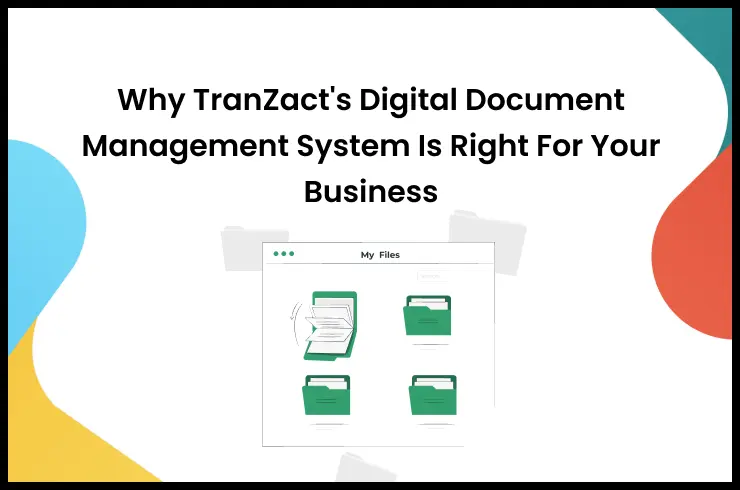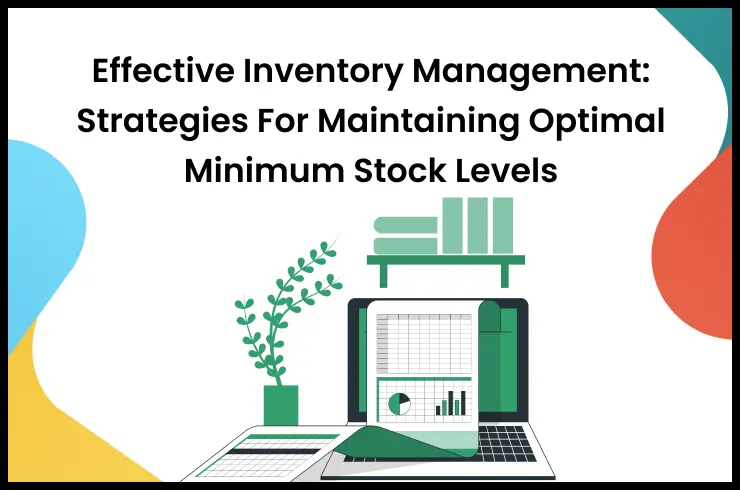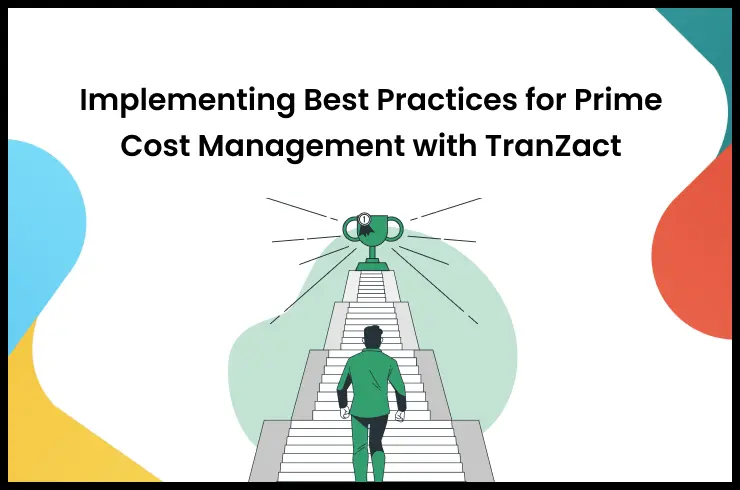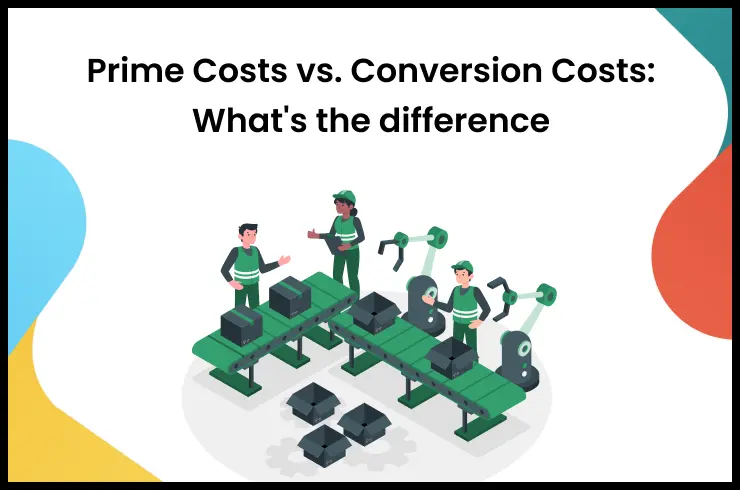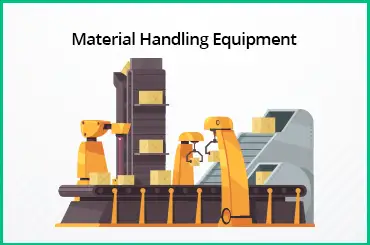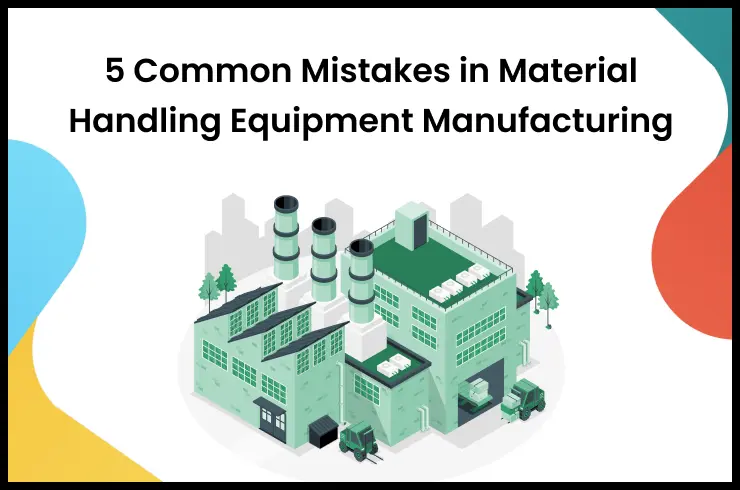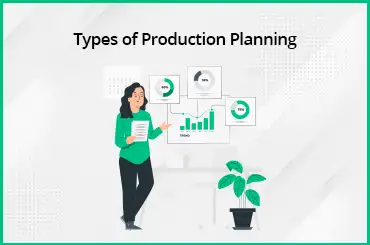Small businesses mostly prefer entry-level software. But these usually lack storage capacity. As businesses scale in the future, they then need to update their system, which may require a lot of expenses. Cloud computing for small business is the solution that not only tackles these problems but also improves productivity.
Choosing cloud ERP software for your business can help you access data anytime and anywhere you want. Including these advantages, let’s understand how cloud computing works in the manufacturing business and its benefits.
Understanding Cloud Computing For Small Businesses
Cloud computing is a revolutionary solution for small businesses that give them the flexibility to access data online. Unlike traditional software, you can easily access and manage your accounts and create and share BOM (Bill Of Materials) with suppliers. Cloud computing in business helps collaborate with various departments in the manufacturing business and manage inventory efficiently.
You can find various types of inventory management software, such as IaaS (Infrastructure as a Service), PaaS (Platform as a Service), and SaaS (Software as a Service). Let’s understand the role of cloud based software for small business, its types, and working in detail.
What Is Cloud Computing?
Cloud is a network of remote servers that are hosted on the Internet and used to store, manage and store the data. Computing is the services that are provided to customers, like servers, storage, databases, networking, software, and many more. Altogether, cloud computing is the technology that allows the user to access software through the internet.
This technology is used in various industries, such as cloud ERP systems. Cloud-based inventory management software allows for proper production planning and scheduling. Your employees can access the valuable data in real-time, at any time, and anywhere they want.
Cloud based server for small business help break the foundation to work from the office, which saves time and improves productivity. This integration makes the entire manufacturing and accounting process super easy as you can automate the data entry, analyze the valuable data, and make informative decisions.
How Cloud Computing Works For Small Businesses?
Cloud computing offers easily accessible tools that help manufacturers optimize their business by utilizing flexible resources, necessary features, and more. It helps SMEs to reduce the huge investment required in building IT infrastructure. Other than these, cloud services for small businesses offer the following advantages:
1. Accessibility And Collaboration
The software based on cloud computing can allow you to connect with different departments and suppliers under one platform. Cloud computing for small business allows teams to share files and other valuable data within the organization. You can also perform various accounting processes, create BOM and e-invoice, and send them to the supplier or your customers within a click.
2. Streamline The Operations
Manufacturing processes involve various operations like production planning and scheduling, procurement management, inventory management, supply chain, and many more. ERP software for small business containing cloud computing solutions helps in proper production planning by accessing the data for raw materials. Cloud services can help you manage your supply chain through inventory tracking and goods transportation.
3. Access Advanced Technology
Traditional software needs more space and money to update the existing IT infrastructure. Cloud computing for small businesses gives access to advanced technologies like machine learning, AI (Artificial Intelligence), and security measures to compete with big organizations. With the evolution of cloud computing, you can automate most of your documentation tasks by saving huge costs on manpower and expensive IT infrastructure.
Types Of Cloud Computing Services Available
Cloud computing is the technology that has revolutionized the way businesses provide services. Here are the three types of cloud-computing services that are helpful to manufacturing companies.
1. IaaS (Infrastructure as a Service)
IaaS, or Infrastructure as a Service, is a form of cloud computing service that provides visualized computing resources over the internet. It allows access to cloud file server for small businesses that include infrastructure components traditionally present in an on-premises data center. The IaaS providers offer automated deployment that includes monitoring and scaling the manufacturing business while remotely accessing the servers to store data.
2. PaaS (Platform as a Service)
PaaS, which stands for Platform as a Service, is another cloud computing service that allows customers to initiate, run, and manage a module bundle. It allows the developers to deploy and launch the application without the complexity of building and maintaining the expensive IT infrastructure. It helps you access the software with minimum configuration and provides networks, servers, storage, and operating systems at a place to host required applications.
3. SaaS (Software as a Service)
SaaS or Software as a Service is an affordable small business cloud computing solution that allows you to access the applications without installing it on your device. SaaS does not require you to spend on creating your own IT infrastructure to store and maintain your data server. It allows you to access necessary features through the internet to conduct various operations like accounting, tracking inventory, and supply chain management by collaborating with your team.
Benefits Of Cloud Computing For Small Businesses
Cloud has provided a new way of computing and automating the business operations that need to be done manually. It provides unlimited storage capacity along with some other advantages that we have discussed below.
1. Reduced Costs
Traditional software needs to install complex IT infrastructure to store data, which may include hardware and software. Cloud IT services for small business offer internet-based software where you can operate various business operations like data entry, insights accessibility, inventory tracking, and many more using a centralized business intelligence dashboard. As all the data are saved on cloud-based servers, you don’t need expensive IT infrastructure and professionals to upgrade and maintain them.
2. Optimised Backup
There is always a fear of losing data when using traditional inventory management software. Software with cloud computing has automatic backup. You can easily access past data for research and analytics and make informed decisions for your business.
3. Real-Time Access
Cloud based business software also allows users to access data from the ongoing production process. You can perform live inventory tracking, procurement planning, and effective supply chain management. These cloud IT services for small business will help to achieve the delivery within the given deadline.
4. Grows With Business
The time will come when your manufacturing business will start growing, and you will need more resources to handle the data. Cloud software offers flexibility to scale up or down the cloud capacity as per your business needs. If you are searching for ideal software for manufacturing business, then cloud inventory management software can be your option.
Cloud Computing Applications For Small Businesses
Cloud computing softwares has some amazing features that make business operations easy and quick. It contains modules that help to digitise inventory management and provide smart production planning and scheduling. You also get integrated software that helps to conduct seamless accounting processes and data maintenance.
Small business cloud applications offer insightful data about the market that helps in research. You can use this data to make an effective marketing strategy and promote lead generation. With cloud computing applications, you can smartly scale your business with its advanced technology.
Challenges Of Cloud Computing For Small Businesses
You have to agree that cloud software has revolutionized the way of doing business. Businesses have become faster and more efficient due to advanced modules with affordable prices. But, there are also some challenges of cloud computing for small business, like internet issues.
These types of software work in an internet-driven environment that requires high-speed internet data. Without a stable internet connection, you will not be able to access the data and perform business operations. The other challenge is the security issues, where there is always the fear of getting hacked and your data might be gone overnight.
Cloud services typically offer cost efficiency solutions that help to automate the accounting process and provide scalability to the growing business. But, small businesses often face difficulty in predicting monthly costs due to fluctuating needs. This may result in unexpectedly high bills in growing manufacturing businesses or when extra features are utilized.
Manufacturing SMEs face problems in implementing and managing cloud servers as they require a certain level of technical skills. Small businesses lack the in-house IT expertise needed to effectively manage the cloud server and the time and money to train their employees.
The other challenge is whenever new cloud systems are installed within an organization, they become dependent on their service provider. It may directly affect the business operations which lead to potential losses.
Choosing The Right Cloud Provider For Your Small Business
You have to keep an eye on the challenges when choosing the right cloud provider for your small business. You must also choose the software that fits your manufacturing needs, the amount of data you handle daily, and many more. Here is the guide that you can follow to choose the right cloud computing software for your business.
- Identify your business needs and requirements for operating more efficiently.
- Determine the cost of the software, including the hardware requirement.
- Choose the ideal cloud providers for small businesses based on your business needs like accounting, manufacturing scheduling, inventory tracking, and many more.
- Analyze the implementation process that fits your current IT infrastructure.
- Conduct a testing phase before adopting the software for your manufacturing business.
- Train your employees about its module and functionality.
- Monitor the performance of your cloud computing software.
Future Trends In Cloud Computing For Small Businesses
Cloud computing is truly a game changer for small businesses. With the IoT (Internet of Things), manufacturers can opt for advanced technology in their business operations like any other big company. They are now able to connect various departments and stakeholders and communicate better with each other.
Many closed computing software providers are moving towards open-source infrastructure that offers free practice to automate your business operations through cloud computing. You can get customized cloud computing for small businesses as per your needs by choosing a specific module. This will help you to scale the existing features which will make working more flexible with dynamic business strategies.
Choose TranZact Cloud Computing For Small Business
Cloud computing has brought a revolutionary solution for businesses that need advanced technology but lack the budget. TranZact cloud computing for small businesses provides accessibility for manufacturing businesses that need to maintain large data. This solution will also allow you to conduct various business operations, such as collaborating with several departments and suppliers, creating invoices and multi-level BOM, sharing files, and many more.
As a cloud-based inventory management solution, you have the flexibility to navigate the data any time and anywhere you want while using TranZact. Choose TranZact now and increase the productivity of your manufacturing business.
FAQs
1. How does cloud computing help small businesses?
Cloud computing helps small businesses use advanced technology to increase productivity. They reduce costs in setting up expensive IT infrastructure, provide large storage space, promote access to real-time data, quick data backup, and many more.
2. How cloud computing is revolutionizing business operations?
Cloud computing is revolutionizing business operations in several ways:
- Provides cheap and best cloud IT infrastructure.
- Helps in monitoring business operations in real-time.
- Provides analytics insights to make better decisions.
- Quick and easy data backup and access to old information.
- Provides a centralized dashboard to navigate all the business operations.
3. What is cloud-based business software?
Cloud-based business software is a computer program that uses the internet to deliver various tools to store data, maintain records, and conduct various business operations.
4. Which cloud computing is best for small business?
The best cloud computing for small business depends on the unique needs of the enterprises. In the manufacturing industry, TranZact is a big name as it provides all the inventory management solutions and manufacturing operations to scale business.
5. What are the key benefits for SMBs in using cloud for their application?
The key benefits for SMBs in using the cloud for their applications are:
- Allow the use of new and advanced technology.
- Cut down the cost of installing IT infrastructure.
- Help track their inventory in real time.
- Allow easy maintenance of accounts and collaborate with different departments.
- Provide easy access to the resources anytime and anywhere.
6. What is a good example of cloud computing?
Good examples of cloud computing are TranZact, Amazon S3, Google Drive, and Dropbox.







